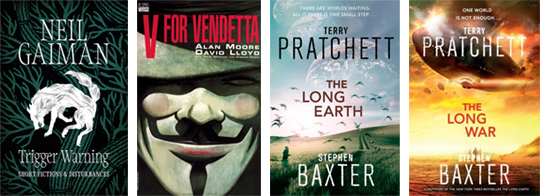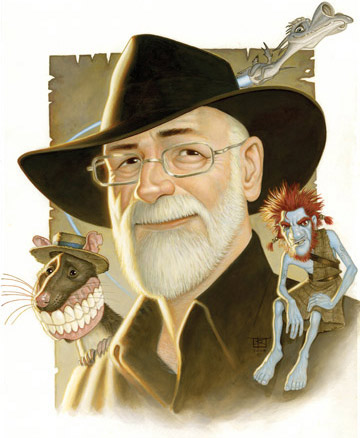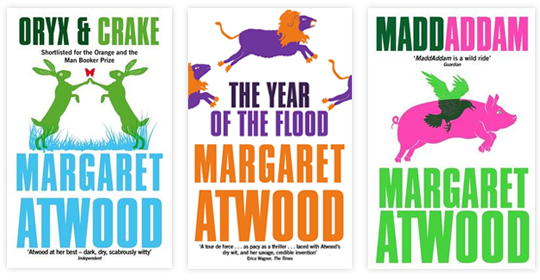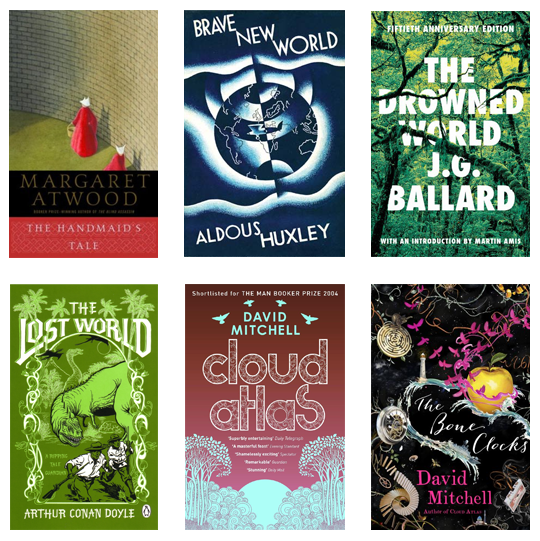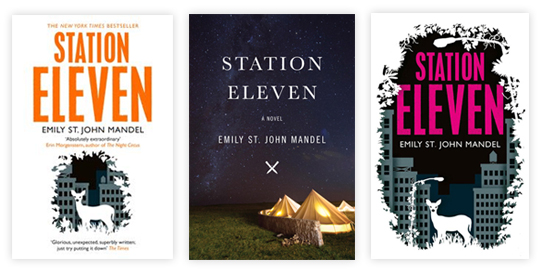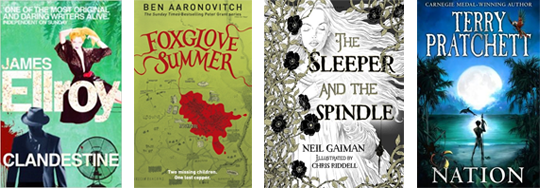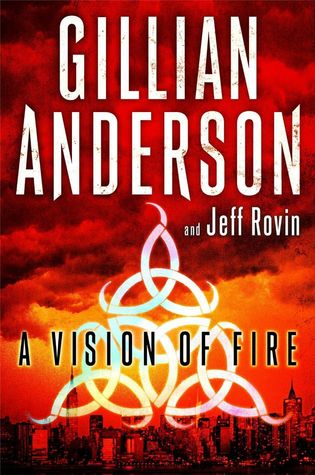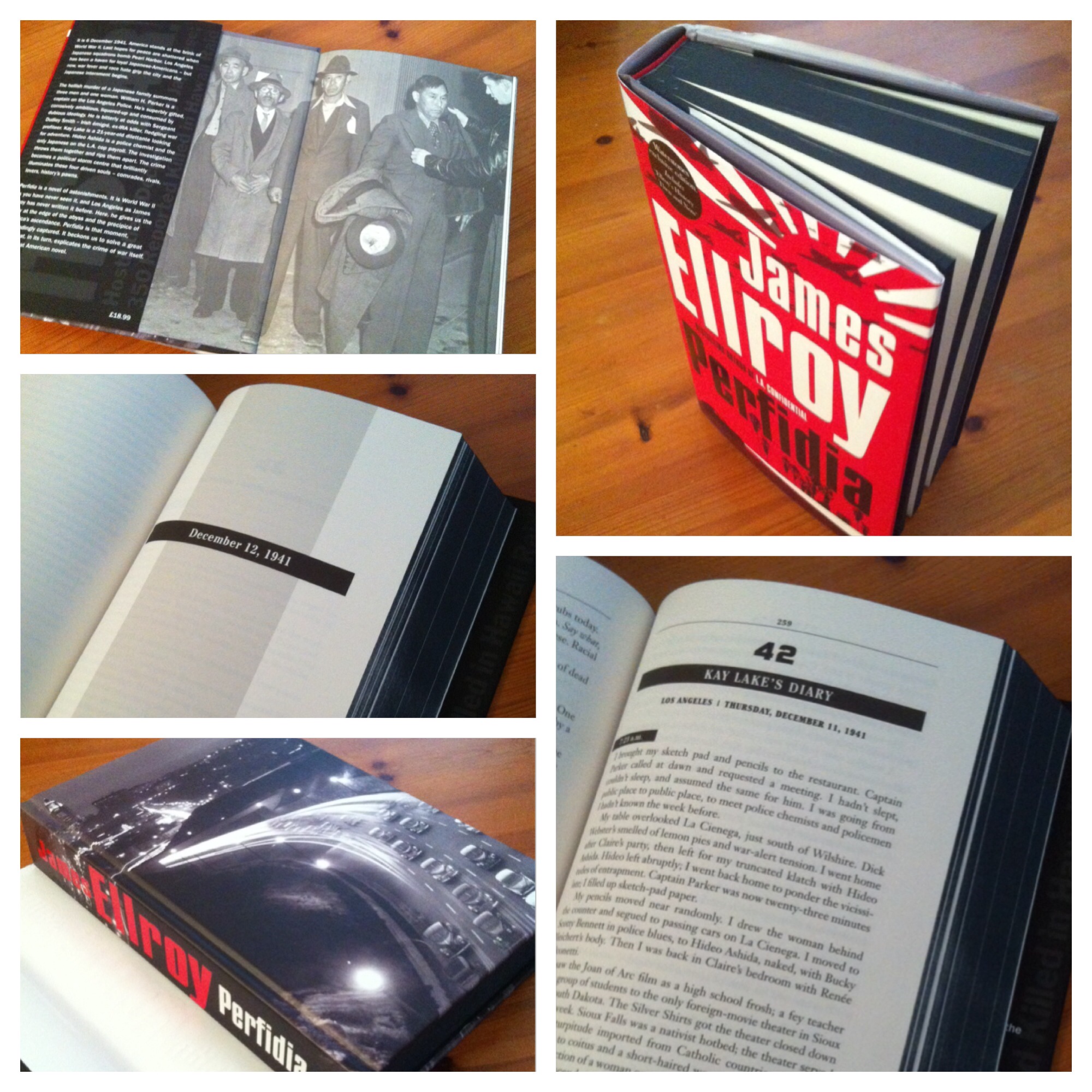The boy likes his fine dining so, for his birthday present, I treated him to dinner at the much hyped and newly Michelin starred Clove Club in Shoreditch Town Hall. We’d heard good things about the restaurant, so off we went to Hipster Central to get a taste of that.
The atmosphere and decor – your average, hyper-understated East End money. The staff – plenty, helpful and very friendly.
They started us off with three excellent little nibbles, including smoked cod’s roe on a thin rye crisp and a bite of pine scented, fried buttermilk chicken. For £7.50 per person extra, we got a few super-thin slivers of very tasty home cured bacon, too.
On to the set five-course menu.
I don’t eat seafood and they were lovely about replacing the two seafood starters (scallop and squid – which my partner assures me were both excellent) with a perfectly nice, tiny tomato salad and a piece of pan-fried cod with borlotti beans. The cod was perfectly cooked on the inside but had slightly soggy skin, and it also came with quite a big bone, which is a serious no-no when you’re serving a dainty portion of fish. Big plus: the cloud of garlic froth on the side.
Unfortunately our dinner took a plunge off a cliff at this point. The main course consisted of a microscopic strip of mallard – barely two mouthfuls – and a teaspoon sized dollop of pumpkin purée – and that was it. No sides, certainly no substance. Honestly, a leaf of greens wouldn’t have gone amiss. In hindsight I’m starting to realise why the staff was so very keen to top us up on the bread constantly. Now, we could have gone for a supplementary second main course, and maybe that would have been the one for the hunger. But when I’m eating a £55 five-course menu I kind of expect to be fed properly without having to fork out another £30 for an additional main course.
Dessert remained underwhelming. First came a lemon cream and pepper ice cream dessert – which would have been nice had it been served on a proportionally small scale. Instead it came in a comparatively massive portion; and the amount of sugar, cream and sickly sweetness actually made me feel a bit sick. So much so that I couldn’t even eat the next dessert – yet more cream, this time of the quince and ginger variety, served in a ring of crispy pastry. The waiter didn’t need to look quite so peeved when taking away the plate I had barely touched.
Coffee came with a fairly standard selection of petits fours, but in terms of flavour and delicateness they seemed clumsy compared to what the competition in London dishes up at this point.
We both left the restaurant hungry and on an unpleasant sugar high, seriously longing for a burger. It’s a shame, really, because the food they did serve – certainly up until the dessert – was beautifully cooked and tasted excellent. But at £200 for a dinner for two (and that’s only one person having wine) I do expect to be fed properly – even in Shoreditch.
